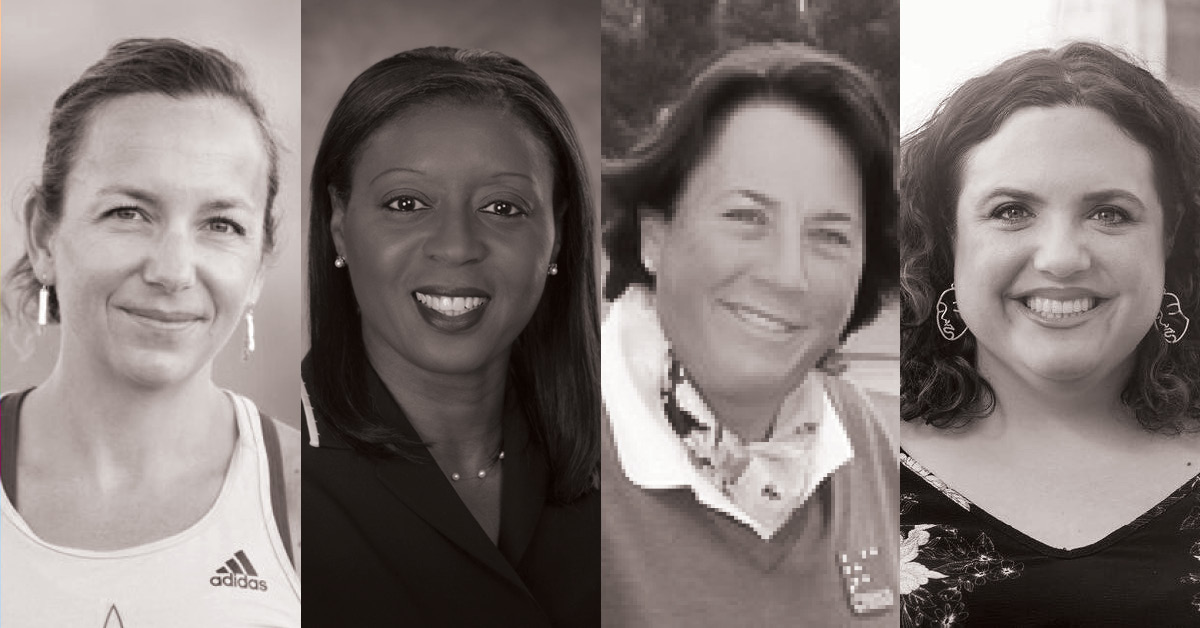Global Sport Institute and Zócalo Public Square Present: How Have Women's Sports Changed Since Title IX?
Why this matters
Sportswomen today are working to breakdown the cultural norms around sex and sport, as well as race and class to establish a more equal playing field.
This event will be held on Thursday, June 24th at 5:30pm (Pacific)
When Gertrude Ederle became the first woman to swim the English Channel in 1926, she beat the record of every man who’d attempted it before her—by two hours. And she did it in a two-piece bathing suit that she’d fashioned herself, eschewing the bulky wool dress, stockings, and shoes expected to be worn by women swimmers for modesty’s sake. Before Title IX’s 1972 passage, Ederle, and pioneering sportswomen from Mildred Ella “Babe” Didrikson Zaharias to Wilma Rudolph to Billie Jean King, began the work of breaking down cultural norms around sex and sport, as well as race and class—while making history in the process.
In what ways has the world changed since women were denied the opportunity to compete because of their biology? What forgotten feats by trailblazers, on and off the turf, have been relegated to the footnotes of history? And how have earlier fights for gender equality laid the groundwork for today’s debates over equal pay, anti-trans legislation, and other issues?
Co-hosted with Zócalo Public Square.
Event Details
Date: Thursday, June 24th
Time: 5:30pm (Pacific)
Show Guests:
Amy Alcott | A professional golfer and golf course designer who joined the LPGA Tour in 1975 and is a World Golf Hall of Famer
Victoria Jackson | A sports historian and Clinical Assistant Professor of History in the School of Historical, Philosophical, and Religious Studies at Arizona State University
Jill Pilgrim | A business, sports and dispute resolution attorney who also founded Pilgrim & Associates Law
Hosted by:
Lindsay Gibbs | Writer, “Power Plays” Newsletter & Host of the “Burn It All Down” Podcast
Monthly Issue
Beyond the Binary in Sport
The spectra of sex, gender, and sexuality challenge our traditional understanding of sport and competition, but are increasingly central to the conversation around athlete and fan experience.
With legislation and organizing increasing around how these various identities intersect, sport makes a natural landscape for discourse and broadening our knowledge of these conversations. How are perspectives changing, and what can we discover by diving into the multitudes underneath these nuanced topics?


